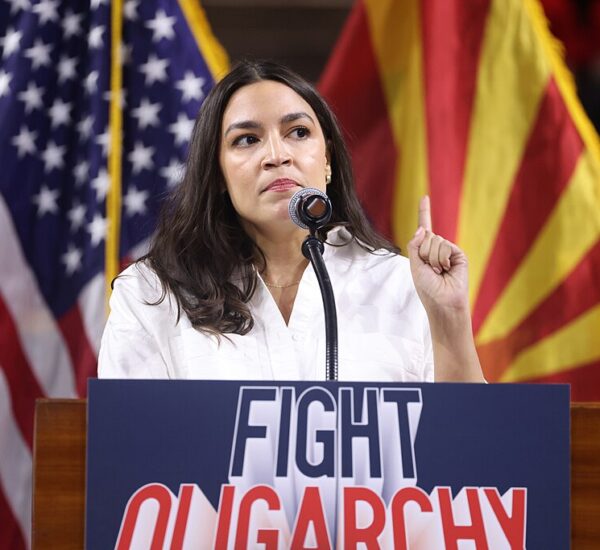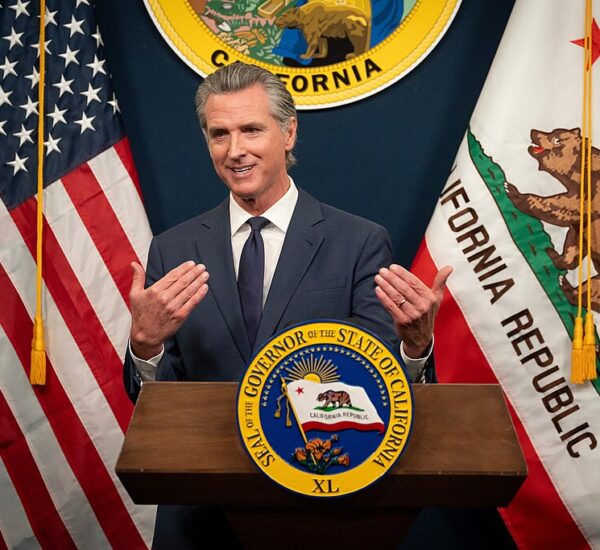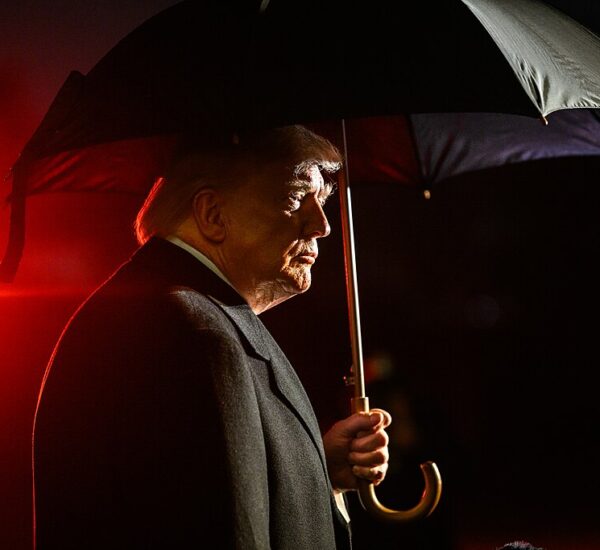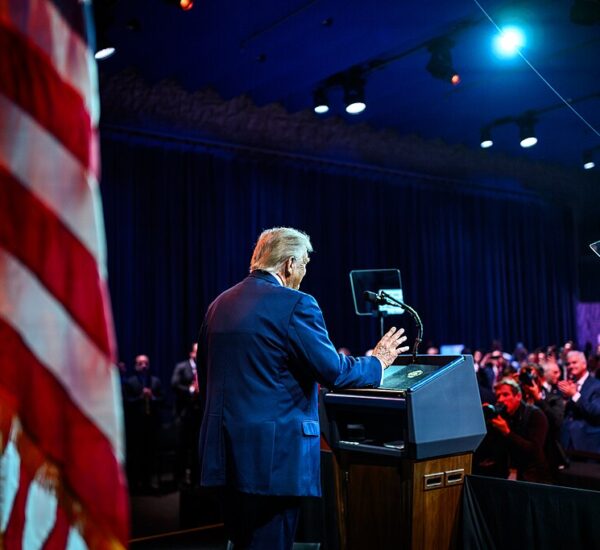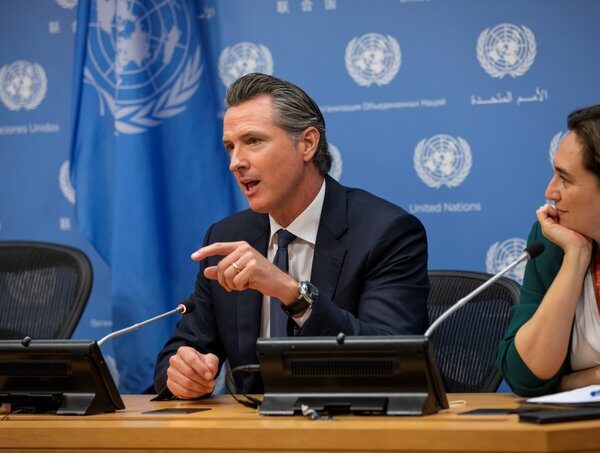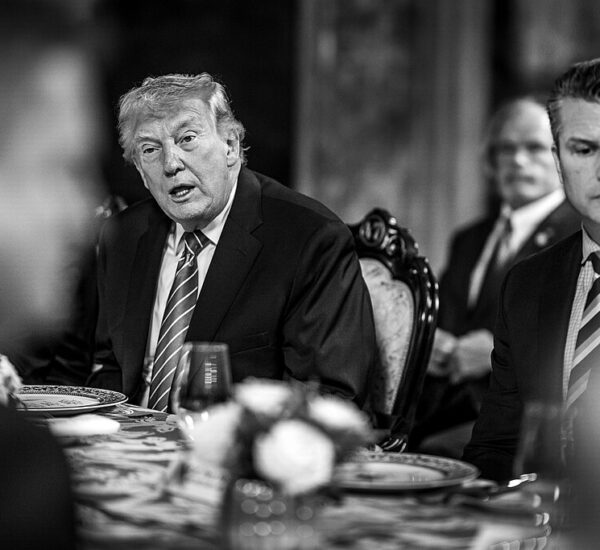Canadian Reporters Grill Trump Team
Secretary of State Marco Rubio recently addressed a series of sharp questions from Canadian journalists regarding President Trump’s controversial remarks about Canada potentially becoming the 51st state, as well as the ongoing trade disputes that have strained U.S.-Canada relations. These tensions, fueled by President Trump’s imposition of tariffs on Canadian goods, have brought relations between the two nations to an unprecedented low.
During a press conference at the Group of Seven (G7) foreign ministers meeting in Charlevoix, Quebec, Rubio explained that the president’s comments about Canada joining the U.S. were not on the agenda for the summit. However, Rubio acknowledged that the Canadian government had made its stance clear, and Trump had voiced his opinion on the economic benefits he believed Canada could gain by becoming a U.S. state.
“There’s been a clear disagreement on this issue, but it wasn’t a focal point of this meeting,” Rubio stated. He explained that the idea arose after a dinner conversation between President Trump and former Canadian Prime Minister Justin Trudeau, where the economic implications of Trump’s tariff threats were discussed. Trump’s suggestion that Canada would be better off as a state was seen as a reflection of his broader economic vision.
The Canadian government strongly rejected Trump’s rhetoric, seeing it as a direct challenge to their sovereignty. This sparked a rallying cry in Canada, with Prime Minister Trudeau’s approval ratings soaring as Canadians expressed solidarity in the face of perceived American hostility. Trudeau’s departure from office the same week added another layer of complexity to the situation.
On trade, Rubio emphasized that Trump’s tariffs, including a 25 percent tariff on steel and aluminum imports, were part of a strategy to “reset the baseline” of trade with Canada. He clarified that the goal was not to create hostility but to ensure fairness in trade relationships. “This is about leveling the playing field and advancing America’s national interests,” Rubio said.
In response, Canadian Finance Minister Dominic LeBlanc condemned the tariffs as “unwarranted and unjustified,” arguing that they were damaging both economies. He also expressed commitment to using every available tool to protect Canadian workers and businesses from the economic fallout of the trade measures.
For the Republican audience, it’s clear that President Trump’s focus on protecting American jobs and ensuring fair trade is a central part of his policy strategy. While tensions with Canada are high, the administration’s efforts to hold trading partners accountable underscore a commitment to safeguarding U.S. interests. This approach is designed not out of malice, but with the goal of achieving a balanced and equitable trade system that benefits American workers and industries.

